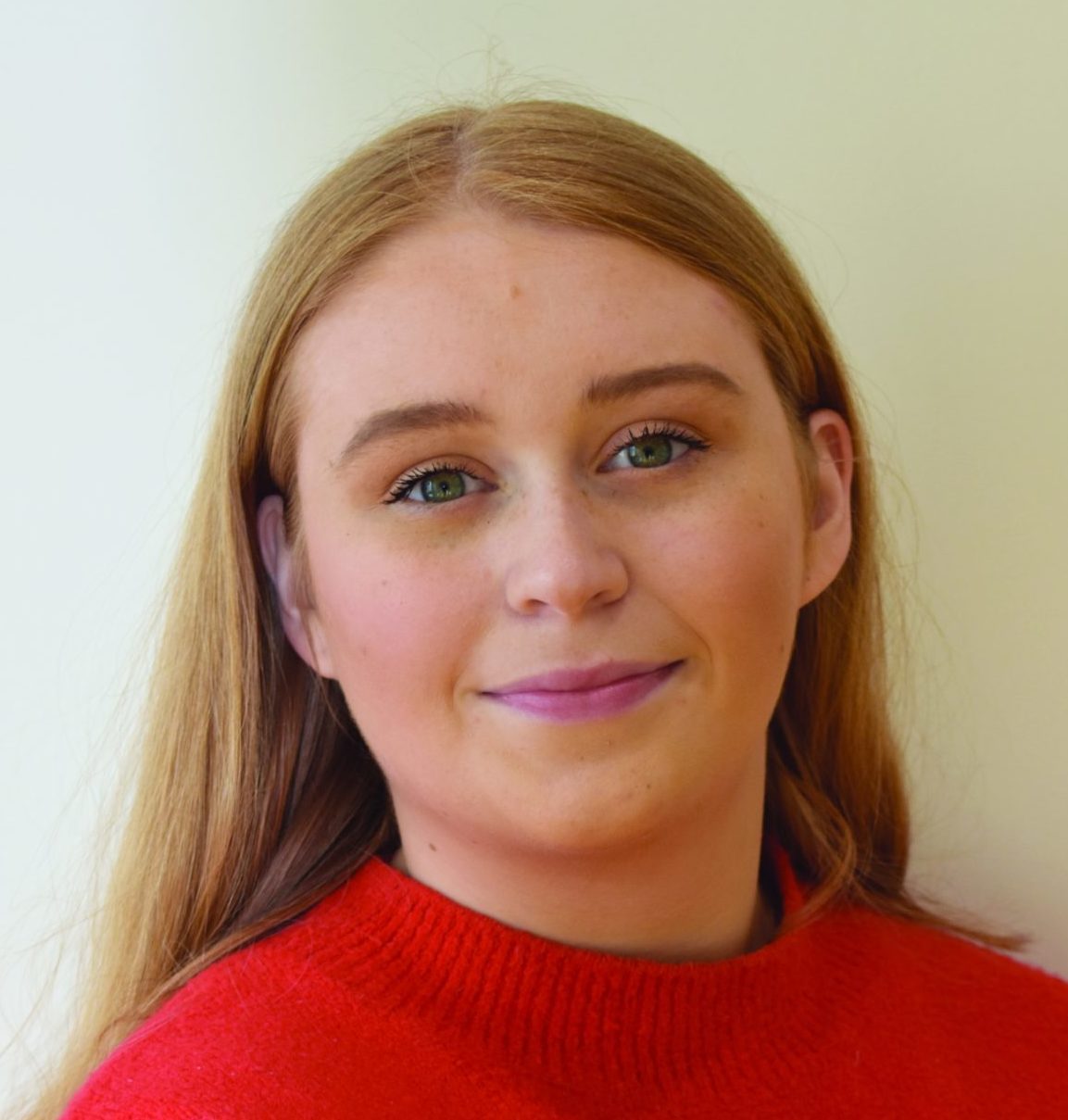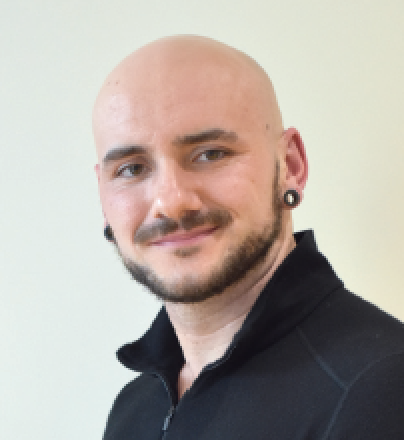Course Information
BSocSc (Hons) (NFQ Level 8)
Undergraduate Full Time
CAO Code: DN750
CAO Points Range 2019: 330
Length of Course: 3 Years
Average Intake: 100
O6/H7 in English, Irish, Mathematics and three other recognised subjects
- A-Level/GCSE
- Other EU Applicants
- Non-EU Applicants
- QQI FET Entry Routes
- Level 6/7 Progression Routes
Why is this course for me?
The Bachelor of Social Science (BSocSc) at University College Dublin is the premier honours degree of its kind in Ireland. It is the standard qualification for those working in policy making and social services and recently celebrated its fiftieth anniversary. If you are interested in exploring how societies, communities and families work and wish to make a difference to the world, affect cultural change, contribute to public service or corporate responsibility, then this course is for you.
Career & Graduate Study Opportunities
The BSocSc provides a strong foundation for both postgraduate study and a wide range of careers in government, social services, NGOs, education, media, including new and online media (who are increasingly expressing an active interest in recruiting social sciences graduates) and business. Alumni include Orlaith Blaney (Marketing and Advertising, former CEO McCannBlue Dublin), Frances Fitzgerald (TD), Ali Hewson (Humanitarian) and Sr Stanislaus Kennedy (Humanitarian & Founder, Focus Ireland).
What Will I Study
The course explores key social issues affecting societies in the European Union, the USA and East Asia: poverty, homelessness, addiction, mental illness, social stratification, criminal justice, globalisation, gender equality, sexualities and reproductive health, childhood and children’s services, and tax and welfare systems. You will learn about how policy makers, in Ireland and across the world, have responded to these societal challenges. A strong emphasis is placed on studying qualitative and quantitative research methods. You will attend lectures and seminars and engage in project-based learning, instruction, and independent study with experienced academic staff and with input from policy-makers and industry.
First Year
You will undertake compulsory modules in social policy and sociology. Students are not expected to have any prior knowledge of these disciplines; the first year modules will provide you with a comprehensive introduction.
Second & Third Year
Alongside compulsory modules in social policy and sociology you will select optional modules from one of three career orientated pathways, which will refine and develop your skills:
There are three Pathways available to you as follows;
1. Social Work and Social Professions
This pathway provides you with a strong foundation for professional social work or social service careers, in addition to careers in Counselling, Social Care Management, and the Probation Service.
2. Society and Public Service
You will be introduced to social policy topics covering a wide range of social and public services and modules in public sociology. This pathway prepares you for a wide range of Master’s programmes and employment in public services, NGOs, community development, youth work, social enterprise and public policy advocacy.
3. Work, Organisations and People
You will combine social policy and sociology with modules from organisational psychology and industrial relations. This pathway prepares you for study in a wide range of human organisation orientated Master’s programmes and for employment in business and personnel management, industrial relations, marketing and corporate responsibility and governance.
International Study Opportunities
The School offers international study opportunities in universities both in Europe and further afield including
- Germany
- Italy
- The Netherlands
- Sweden
- Japan
- Hong Kong
- Canada
- Malta
Testimonial
“The only course I applied for after the leaving certificate was BSocSc Social Policy & Sociology in UCD. I knew from the start I wanted to be a social worker, so I chose the Social Work and Social Professions pathway in my second year. Overall this is a career orientated degree and I’ve found the course really interesting and engaging so far. I feel like it has helped me see the social world in a new way. Since my first year, I’ve been volunteering with Childline, and through that experience, I have been offered a place on UCD’s Professional Masters in Social Work when I complete my course.”
Jayson Pope, Student




